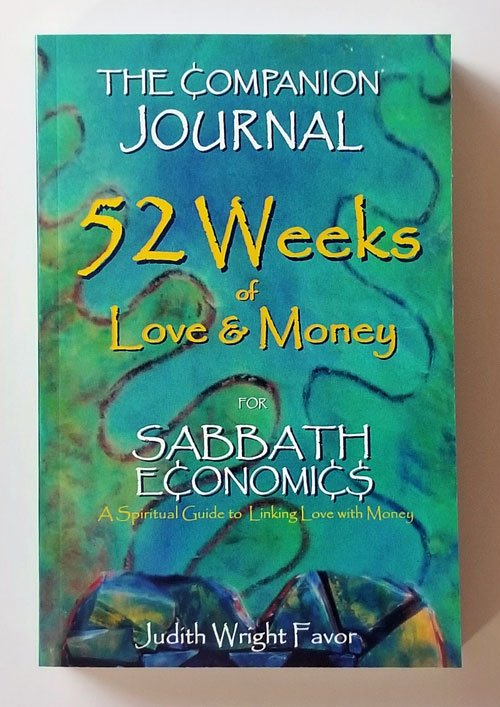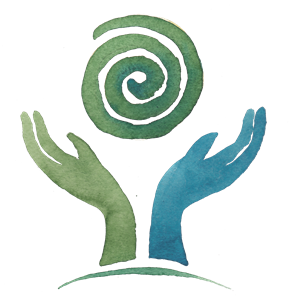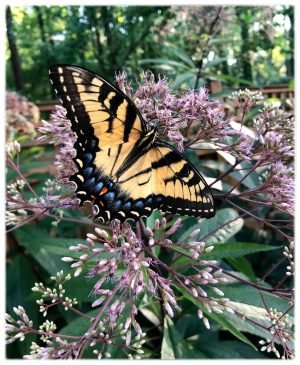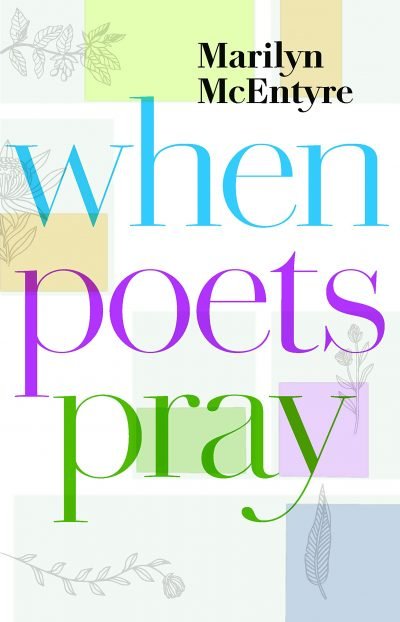Got enough money? Enough love?
Facing an uncertain future?
Sabbath Economics is the spiritual guide for you.
Loving and being loved makes everyone happier. Looking at money matters from a spiritual perspective makes everything better.
Author Judith Favor helps each of us explore how much is enough as we move forward, individually and collectively, into an uncertain future. Inland Empire member and author Judith Favor will be the…
Guest Speaker
for the High Desert Branch’s
Act 2 Zoom Meeting
to be aired on
Tuesday, October 19th at 6 pm
The public is invited to attend this free presentation.
Invitation and link may be found
by visiting www.hdcwc.com
Judith Wright Favor loves conversing with people who are interested in finding sacred possibilities in the very human tangle of personal finances and relational challenges.
She just published The Companion Journal: 52 Weeks with Love and Money for Sabbath Economics. This book is loaded with insightful questions for every day of the year, plus lively quotes to get you thinking about money and love in fresh ways. Each page has space to record your own desires, curiosities and imaginative ideas.
The Companion Journal will be there for you day and night, but money troubles can be hard to talk about. Because we are social beings and spiritual beings, it is better to explore the complexities of money and love in the company of a few good people. Who else do you want in this conversation?
Don’t miss this provocative and unusual presentation.

Judith Favor, Author
Contact Judith to arrange discounts so everyone in your book group, church group, or family circle can have a copy.
Buy at Powells, Barnes & Noble, Amazon or Readers Magnet.
Judith Wright Favor is the author of six nonfiction books and one novel:
Spirit Awakening (1988, out of print)
The Edgefielders:
Poor Farm Tales of a Great-Grandmother (2013)
Silent Voices (2014)
The Beacons of Larkin Street (2017)
First in a trilogy honoring female church leaders
in 1970s San Francisco.
Sabbath Economics:
A Spiritual Guide to Linking Love with Money (2020)
52 Weeks with Love and Money, A Companion Journal (2021)
Friending Rosie: Respect on Death Row (2021)
Judith likes to quote poet Mary Oliver, who wrote:
Pay attention.
Be astonished.
Tell someone.
Judith is a member of the
High Desert CWC’s
“On Topic Speakers for You”
presentation project





